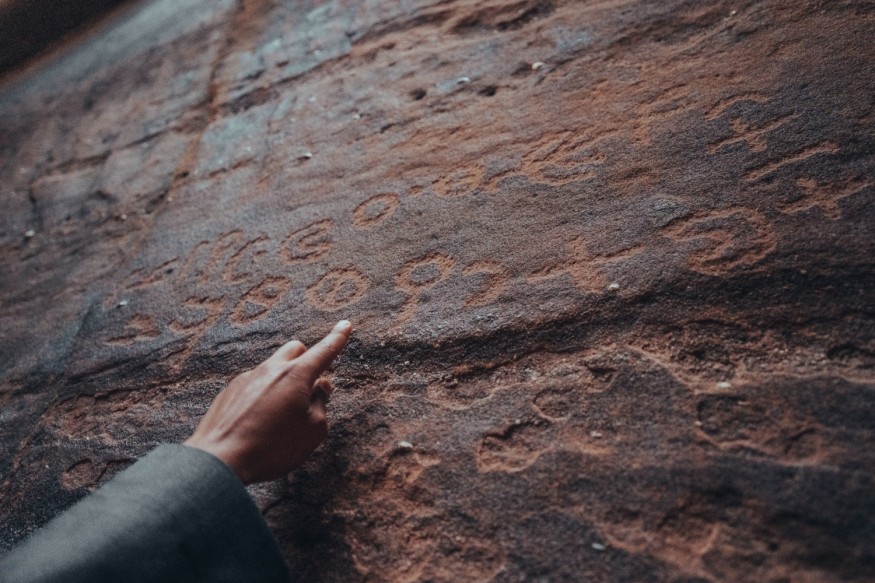
Archaeologists were able to uncover a secret text in Türkiye. The long lost language was scattered across tens of thousands of ancient clay tablets. These were written during the Hittite Empire's time.
Long Lost Language Found
The exact meaning of the script still remains a mystery. However, it appears to be a long lost language that dates as far back as 3,000 years ago.
According to experts, the script is not similar to any ancient scribed language that has been found across the Middle East. However, it appears to have similar roots with certain Anatolian-Indo-European languages.
These writings can be spotted after a cultic ritual text embedded in the Hittite language, which is the oldest known Indo-European language. It comes after an introduction that translates and says that starting then, the Kalašma country's language should be used for reading.
Kalašma can be referenced back to a Bronze Age society. It was likely situated at the northwest fringe of ancient Anatolia's Hittite Empire. This is quite far from the Hattusa City where the specific clay tablet was found later on.
Though the majority of the tablets were scribed in the Hittite language, specialists that are working at the site discovered various languages as well. These languages appear to be from different ethnic groups that used to lay at the Hittite Empire's shadow as the regime ruled over the majority of Anatolia. This was from B.C.E. 1650 to 1200.
The archaeologists are still working on the tablet's translation. They hope to release results of their efforts as well as photos of the novel discovery.
Archaeological Significance
Andreas Schachner, who heads the Hattusa Ruins Archaeological Excavations, notes that when he held the tablet for the first time, he was able to feel the gravity of the artifact's significance. He also observed the exceptional preservation of the clay tablet compared to the other 25,000 artifacts found at the same area.
For more than a hundred years, archaeologists and linguists have been collaborating to shed light on and translate the archive of royal treaties, religious and legal texts, and political correspondences of Hattusa.
Ancient Hittite Empire
While the recent language discovery posits grave importance, it is not quite surprising. Professor David Schwemer, who heads the Julius-Maximilians-Universität's (JMU) Chair of Ancient Near Eastern Studies, explains that Hittites were quite interested in foreign languages.
It also appears that the Hittite Empire may have celebrated various deities. As the empire was able to conquer more areas across the Mediterranean and Black Sea, the Empire could have gotten new religions as a manner for them to embrace fresh subjects. This was suspected by historians.
Scachner explains that by showing respect to these other religions, the Empire could have hoped to be respected as it moved towards expansion. Adapting certain ideas, including the writing systems and religions, could have been the Empire's way to grow its reach.
Tülin Cengiz, an ancient Anatolian historian, explains that Hattusa's royal archives indicate that deities were being worshiped in Mesopotamia and Syria. Cengix explains that the welcoming of such deities shows that a tolerant culture was prevalent.
Scholars think that the royal archives were used by the Empire to strengthen its state cult and offer an in-depth picture of the attention that the deities required and accorded.
Check out more news and information on Archaeology in Science Times.
© 2026 ScienceTimes.com All rights reserved. Do not reproduce without permission. The window to the world of Science Times.












